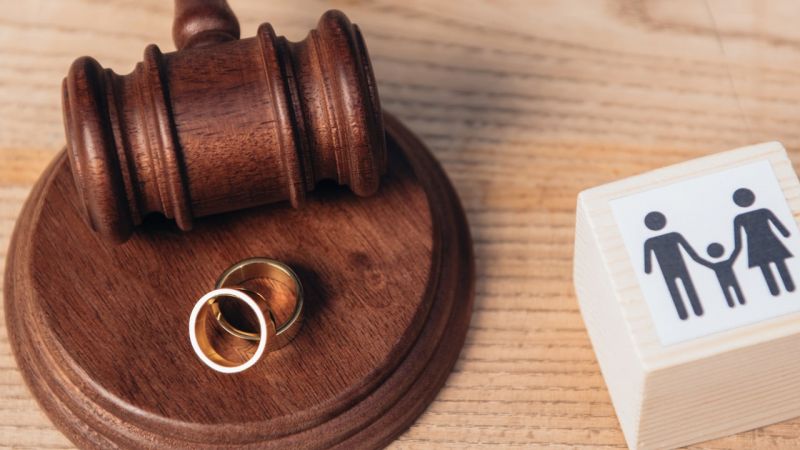Co-Parenting After Divorce: How To Put Your Child’s Needs First


Family Law Practices
Our Office Locations
Downtown Chicago
440 W Randolph Ave, 5th Floor
Chicago, IL 60606
New Clients: 312-288-3057
Highland Park
595 Elm Place Suite 225
Highland Park, IL 60035
New Clients: 312-288-3057
Hinsdale
40 E. Hinsdale Rd. Suite 202
Hinsdale, IL 60521
New Clients: 312-288-3057
Metro Detroit
101 West Big Beaver Rd. Suite 1400 Troy, MI 48084
New Clients: 312-288-3057
The separation itself may be over, but the real work of parenting continues. For many families, co-parenting becomes the new structure. While it can be difficult at times, putting the focus on the child’s well-being can lead to a healthier outcome for everyone involved. This article shares practical guidance for building a working co-parenting relationship that keeps your child’s needs front and center. Our personal injury lawyer friends at Cohen & Cohen discuss how challenging it can be to rebuild a sense of stability after divorce—especially when children are involved.
Staying Consistent With Routines
Children often respond to structure, especially during big life changes like divorce. As parents, we may have separate households, but we can still work together to create consistent routines. That includes agreeing on daily schedules, bedtimes, homework expectations, and communication rules. It doesn’t mean every detail has to be identical in both homes, but the more aligned we are on key parts of the day, the more secure our child will feel. A predictable routine builds confidence and reduces the stress that often comes with transitions between homes.
Communicating With Respect
Even if we don’t always agree with our former partner, co-parenting works better when we keep communication clear and respectful. The focus should stay on the child—not past disagreements. Regular check-ins about school, health, or behavior help us stay informed and involved. When difficult topics come up, it helps to approach them calmly and avoid placing blame. Communication tools like shared calendars or parenting apps can help keep things organized while limiting the chance of misunderstanding.
Making Shared Decisions
Legal custody often includes the ability to make decisions about education, health care, and other major issues. If both parents share that responsibility, it’s important to talk through those decisions and keep each other informed. Our goal should always be to choose what’s best for our child—not what’s most convenient or comfortable for us. That can take compromise. For example, we might not agree on a particular doctor or school, but we can look at the facts and talk through the options together.
Creating Space For The Child To Adjust
Children may have strong reactions during and after a divorce. Some might act out or withdraw, while others seem to adapt quickly. Either way, it’s important that we give them space to feel and express their emotions without pressure. They shouldn’t feel caught between parents or forced to take sides. Encouraging open conversation and showing patience helps them adjust in a healthy way. If we notice ongoing struggles, speaking to a counselor or child therapist might be helpful.
Knowing When To Get Legal Help
Not every co-parenting relationship runs smoothly. In cases where one parent isn’t following the custody agreement or where communication has broken down completely, it may be time to return to court or speak with an attorney. Legal support is also important if any changes to the custody or visitation plan are needed. Family law plays a different but equally important role in protecting long-term well-being—especially for children.
Divorce changes a family, but it doesn’t have to break it. Co-parenting gives children the chance to maintain strong relationships with both parents, even after separation. The process takes effort, communication, and patience, but the outcome—stability and support for your child—is worth it. By working together, staying focused on what’s best for the child, and seeking help when needed, we can create a post-divorce environment where kids feel loved, heard, and secure.










